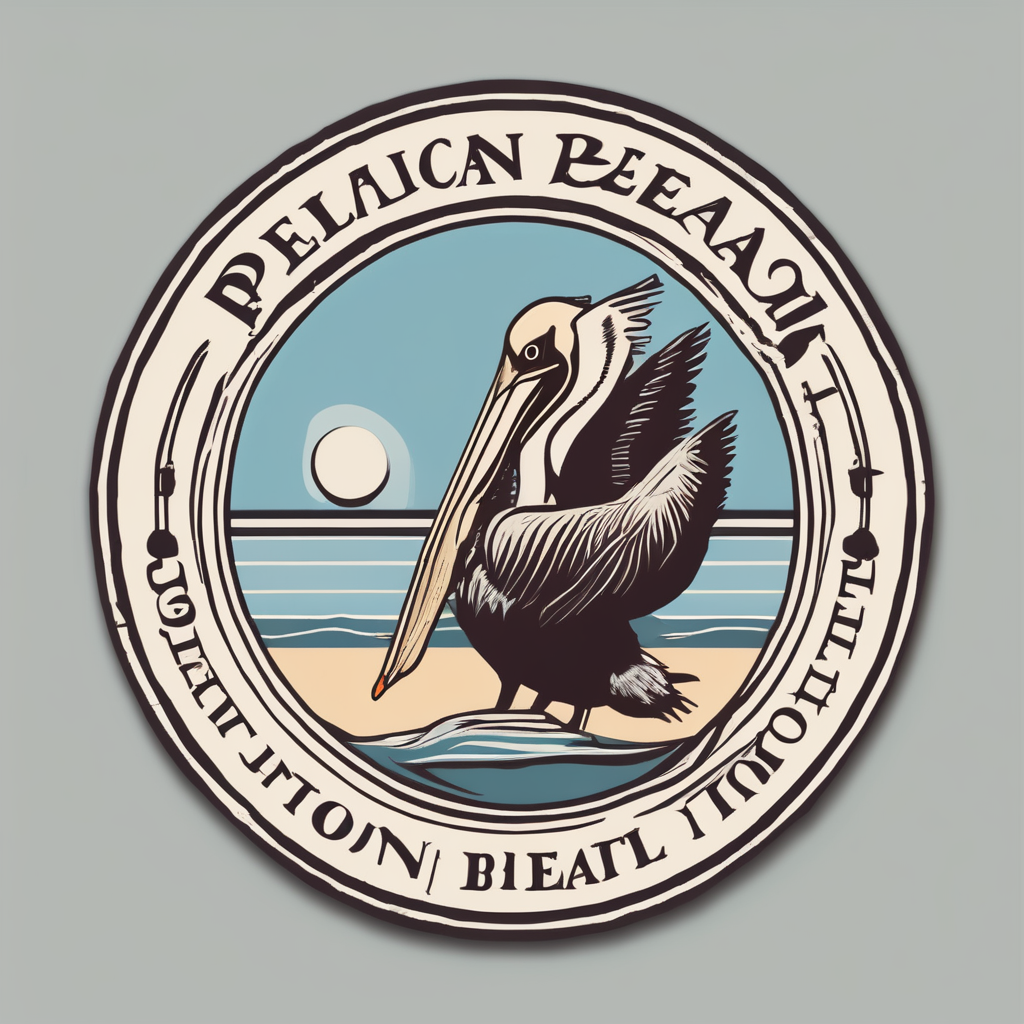When it comes to the history of British clock making, the United Kingdom is home to some of the most iconic timepieces and historic sites. From the majestic Big Ben to the renowned Royal Observatory, the UK offers an immersion into the rich heritage of horology. This article will guide you through which UK cities provide the most in-depth tours on British clock making, ensuring you gain an insightful and enriching experience.
London: The Heartbeat of British Horology
London, the capital city of the United Kingdom, stands as the epicenter of British horological history. The city is adorned with numerous landmarks that present a deep dive into the evolution of timekeeping.
Also read : How can tourists experience interactive exhibits on the history of British naval warfare?
Big Ben and the Elizabeth Tower
A visit to London would be incomplete without marveling at Big Ben and the Elizabeth Tower, synonymous with British timekeeping. This towering structure, part of the Palace of Westminster, houses the Great Bell, commonly known as Big Ben. The tour here offers a glimpse into the intricate workings of the clock tower, providing insights into its history and significance.
Houses of Parliament
Adjacent to Big Ben lies the Houses of Parliament, another pivotal site that offers an extensive understanding of British horology. The guided tours here often include detailed explanations about the clock mechanisms and their historical importance.
Have you seen this : What are the best locations in the UK for learning about traditional British textile weaving?
Buckingham Palace and Westminster Abbey
While not primarily known for clocks, Buckingham Palace and Westminster Abbey contribute to the broader historical context of London’s royal timepieces. These tours provide a blend of British history and horology, enriching the visitor’s knowledge about royal timekeeping traditions.
The British Museum
For those keen on a more academic perspective, the British Museum hosts an impressive collection of historical clocks and watches. The exhibits here span centuries, showcasing the evolution of British watchmaking. The museum’s tours are educational, offering detailed narratives about each timepiece’s origin and craftsmanship.
The War Rooms and Royal Observatory
Both the War Rooms and the Royal Observatory offer unique perspectives on timekeeping in British history. The War Rooms provide a glimpse into the role of precise timekeeping during wartime, while the Royal Observatory, located in Greenwich, is pivotal in the history of time. Here, you can learn about the development of Greenwich Mean Time (GMT) and its global impact.
London’s comprehensive tours ensure you leave with a profound understanding of British clock making and its historical significance. The city’s rich tapestry of landmarks and museums makes it an unmissable destination for horology enthusiasts.
Cambridge: A Scholarly Approach to Timekeeping
Cambridge, renowned for its prestigious university, also offers a scholarly deep dive into the history of British clock making. The city’s intellectual ambiance and historic institutions provide a unique perspective on horology.
The University of Cambridge
The University of Cambridge boasts several historic colleges with significant connections to the history of timekeeping. The university’s libraries and museums house rare texts and artifacts related to the development of clocks and watches.
The Cambridge Science Centre
The Cambridge Science Centre offers engaging exhibitions on the scientific principles behind clock making. Here, visitors can explore interactive displays that explain the mechanics of timekeeping devices and their evolution over the centuries.
Academic Tours
Specialized academic tours in Cambridge offer a more in-depth exploration of horology’s scientific and mathematical foundations. These tours often include lectures and demonstrations by experts in the field, providing a comprehensive understanding of the intricate workings of clocks and watches.
Cambridge’s emphasis on education and research makes it an ideal destination for those seeking a deeper, more intellectual understanding of British horology. The city’s blend of historic charm and cutting-edge science ensures a well-rounded and informative experience.
Birmingham: The Industrial Heartland
Birmingham, known as the "Workshop of the World," played a pivotal role in the industrial revolution and the mass production of clocks and watches. The city’s rich industrial heritage offers a unique perspective on horology.
The Jewellery Quarter
Birmingham’s Jewellery Quarter is home to numerous workshops and museums dedicated to the art of clock and watch making. The area’s historic buildings and narrow streets provide a glimpse into the city’s industrial past, where skilled craftsmen produced some of the finest timepieces.
The Museum of the Jewellery Quarter
The Museum of the Jewellery Quarter offers fascinating tours that delve into the history of clock and watch making in Birmingham. Visitors can witness live demonstrations of traditional manufacturing techniques and learn about the craftsmanship behind each piece.
The Birmingham Museum and Art Gallery
The Birmingham Museum and Art Gallery houses a significant collection of clocks and watches, showcasing the evolution of timekeeping from the 18th century to the present day. The museum’s exhibits highlight the city’s contributions to the British watchmaking industry and its impact on global horology.
Birmingham’s industrial heritage and dedication to preserving its horological history make it a must-visit destination for those interested in the mechanics and craftsmanship of timekeeping. The city’s comprehensive tours offer a detailed and engaging exploration of British clock making.
Edinburgh: Timekeeping Through the Ages
Edinburgh, Scotland’s capital, offers a unique blend of history and innovation in the field of horology. The city’s rich cultural heritage and historic landmarks provide a fascinating backdrop for exploring the history of British clock making.
The Edinburgh Clock Tower
The Edinburgh Clock Tower, located in the heart of the city, is a prominent landmark that offers guided tours exploring the history and mechanics of timekeeping. The tower’s intricate clock mechanism and stunning architecture provide a captivating insight into the evolution of clocks.
The National Museum of Scotland
The National Museum of Scotland boasts an extensive collection of timepieces, ranging from ancient sundials to modern wristwatches. The museum’s exhibits offer a comprehensive overview of the development of timekeeping devices, with a particular focus on Scottish contributions to horology.
The Royal Mile
The Royal Mile, Edinburgh’s historic thoroughfare, is home to several historic buildings and landmarks with connections to the history of clock making. Guided tours of the area provide a fascinating exploration of the city’s horological heritage, with insights into the lives of famous clockmakers and their contributions to the field.
Edinburgh’s rich history and dedication to preserving its cultural heritage make it an ideal destination for those seeking to explore the history of British clock making. The city’s comprehensive tours offer a captivating blend of history and innovation, ensuring a memorable and educational experience.
Whether you are a horology enthusiast or simply curious about the history of timekeeping, the United Kingdom offers a wealth of opportunities to explore the history of British clock making. From the iconic landmarks of London to the scholarly depths of Cambridge, the industrial heartland of Birmingham, and the historic streets of Edinburgh, each city provides a unique perspective on the evolution of clocks and watches.
By embarking on these comprehensive tours, you will gain a profound understanding of the art and science of timekeeping, as well as the cultural and historical significance of British horology. So, pack your bags, set your watch, and get ready to embark on a journey through time in some of the UK’s most historically rich cities.











